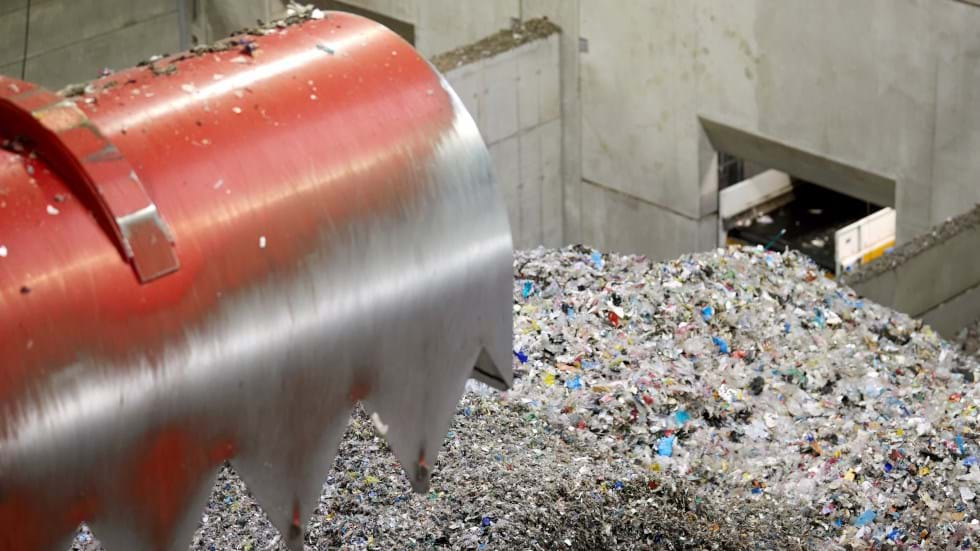Energy-from-waste industry faces stricter rules following UK incineration crackdown

ENGLAND’S burgeoning energy-from-waste industry is expected to face a raft of new requirements as part of a government crackdown on waste disposal practices.
In its recent analysis of England’s residual waste infrastructure, the Department for Environment, Food & Rural Affairs (Defra) said it will ensure the total mass of all residual waste in England does not exceed 287 kg per person by 2042, a 50% reduction from 2019 levels.
Apart from ramping up reuse and recycling process, Defra has proposed tighter planning considerations for future energy recovery facilities, which include energy-from-waste (EfW), advanced thermal treatment (ATT), and advanced combustion technology (ACT) projects.
New projects will have to prove that they are heat-efficient and can be built “carbon capture ready”. Only nine of the 52 major incinerators in the UK export heat for local heating and industry.
Defra said in the new plan: “For those energy recovery developments we do need, we will only support projects that offer the best efficiency and are future-proofed towards supporting our net zero objectives.”
EfW infrastructure
EfW is the dominant method of residual waste treatment in England, with the operational capacity of energy recovery facilities as a whole forecasted to deal with 18.8m t/y of rubbish by 2035.
EfW facilities are necessary to reduce the amount of waste that is sent to landfills, which is currently the main way local authorities dispose of their waste.
As part of the new plan, the government proposes to send less than 10% of municipal solid waste to landfills.
EfW is also necessary for handling hazardous waste, including persistent organic pollutants (POPs), which the government says will play a role in determining future need for EfW facilities.
The government says it will only support future EfW facilities that are able to “easily” incorporate carbon capture units in their lifetime.
Future need
The government plan suggests the UK is already close to capacity when it comes to burning rubbish, with only 17.6m t/y expected to be dealt with by 2042.
Viridor’s EfW facility in Runcorn and Encyclis’ Protos Energy Recovery Facility at Ellesmere Port are currently the only two future EfW plants being considered by the government, as they include an industrial carbon capture business model.
Recent Editions
Catch up on the latest news, views and jobs from The Chemical Engineer. Below are the four latest issues. View a wider selection of the archive from within the Magazine section of this site.




